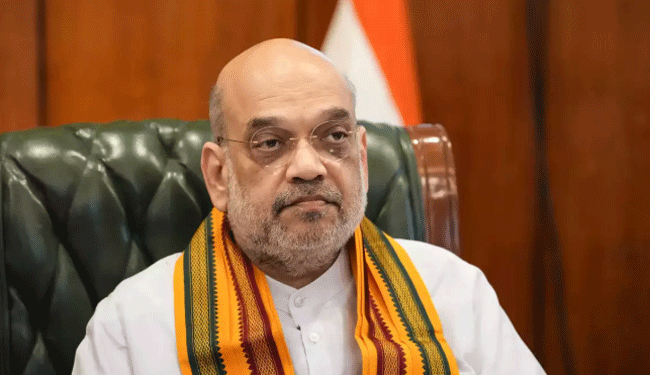Bhubaneswar: Odisha’s criminal justice system is witnessing a significant transformation, marked by a remarkable surge in conviction rates following the implementation of the new Bharatiya Nyaya Sanhita (BNS) law.
This success is being attributed to the proactive guidance of Union Home Minister Shri Amit Shah and the dedicated, multi-tiered review mechanism put in place by the State Administration under Chief Minister Shri Mohan Charan Majhi.
The latest data from June showcases the tangible results of these reforms, with the state achieving a 62% conviction rate—a landmark figure that signals a new era of efficiency in delivering justice.
Additional Chief Secretary Home, Shri Satyabrata Sahu is monitoring regularly on weekly basis and this positive trend is a direct outcome of the implementation of new criminal laws—the BNS, along with the Bharatiya Nagarik Suraksha Sanhita (BNSS), and the Bharatiya Sakshya Adhiniyam (BSA), which came into force on July 1, 2024. These laws were designed to fast-track legal processes and ensure timely justice.
A detailed breakdown of the recent convictions highlights the system’s improved speed and effectiveness:
- Cases convicted within 100 days of Trial from Registration: 26
- Cases convicted within 101-200 days: 55
- Cases convicted within 201-300 days: 26
- Cases convicted within 301-400 days: 6
This data underscores a strong performance in resolving cases within the first 200 days, with 81 convictions secured in this short period. A key factor in this improved efficiency is the technology-driven approach of the new laws, which mandate electronic summons and videography of crime scenes for serious offenses. These provisions are proving instrumental in strengthening evidence and minimizing procedural delays.
Sources indicate that Union Home Minister Amit Shah has been closely monitoring the implementation of the BNS in Odisha. In a high-level review meeting, he instructed the state government to prioritize 100% implementation of the new laws, emphasizing that a robust law and order environment is crucial for the state’s future industrial and technological growth. He has established a structured monitoring system, directing the Chief Minister to conduct monthly reviews, the Chief Secretary and Director General of Police to review it fortnightly, and the Additional Chief Secretary Home, on a weekly basis.
Chief Minister Mohan Charan Majhi, who also holds the home portfolio, has been a vocal proponent of these changes. He had previously expressed concern over the state’s historically low conviction rate, particularly in cases of crimes against women. Majhi has stressed the importance of a “zero tolerance” policy for crime and directed officials to expedite pending cases. The government’s efforts to support this initiative include filling thousands of vacancies in various security forces and establishing new cyber police stations to combat modern crimes.
The successful implementation of these laws marks a new chapter in India’s criminal justice system. With a strong focus on fast-track investigations, victim-centric provisions, and the use of modern technology, the BNS is poised to create a more efficient and effective legal framework. The initial results in Odisha suggest these reforms are already yielding positive results, and the state’s justice system is well on its way to achieving its goal of providing swift and fair justice to all citizens.


